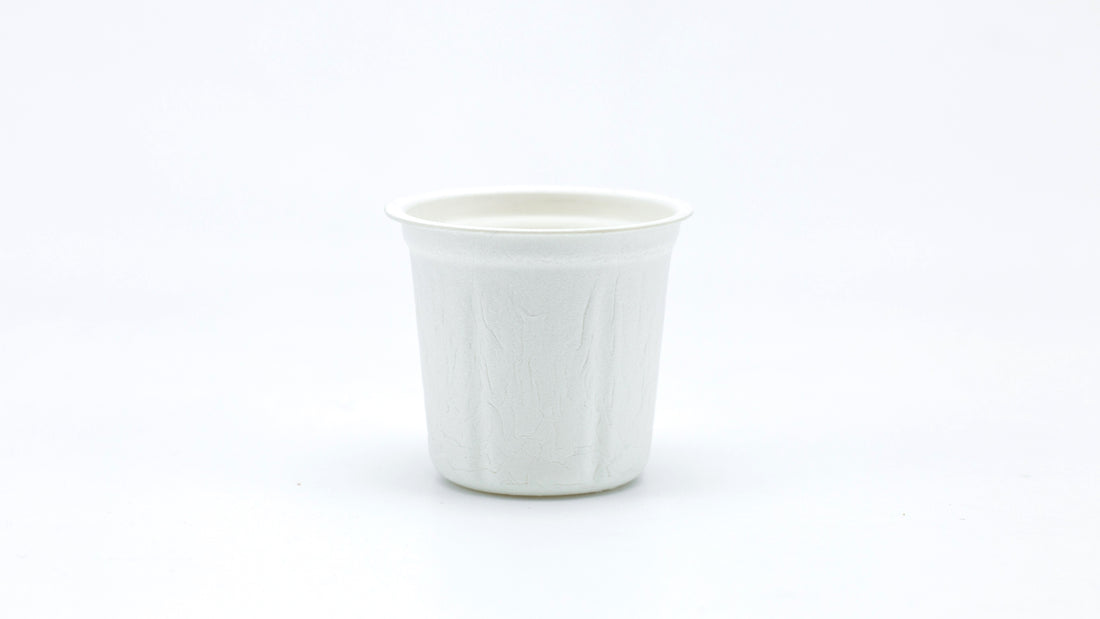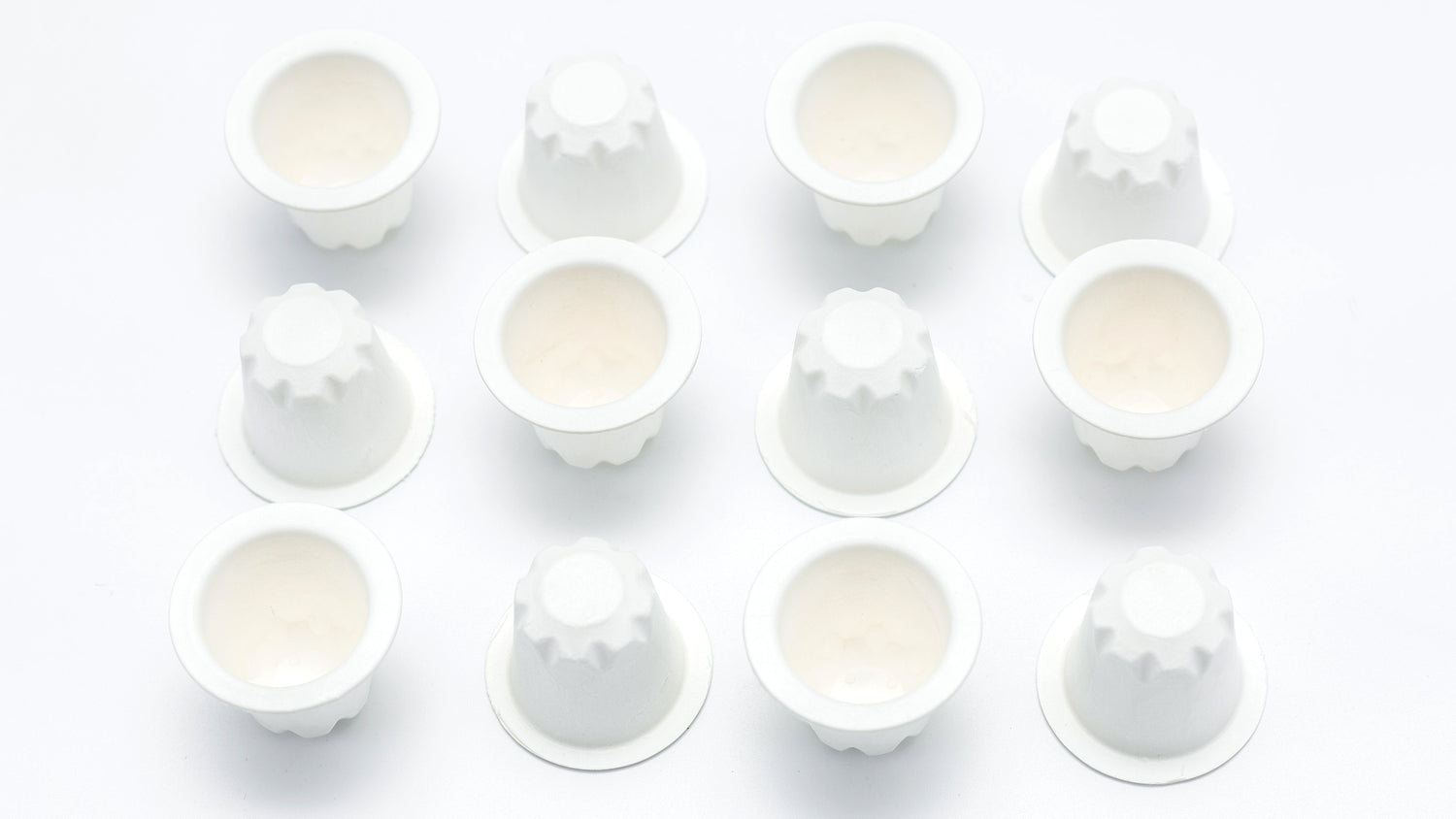How plant fibers differ from traditional pods?

Share
Plant fiber materials used in compostable pods differ significantly from traditional non-compostable pods derived from plastics and aluminum in several ways:
Biodegradability: Plant fibers, such as bamboo, sugarcane bagasse, or cornstarch, are organic materials derived from renewable resources. They are biodegradable, meaning they can be broken down by microorganisms in the environment, ultimately returning to nature. In contrast, non-compostable pods made from plastics and aluminum do not naturally break down and can persist in the environment for hundreds of years.
Environmental Impact: Plant fiber materials have a lower environmental impact compared to plastics and aluminum. The production of plant fibers requires fewer energy resources and generates fewer greenhouse gas emissions compared to the extraction and manufacturing processes associated with plastics and aluminum. Additionally, the extraction of aluminum has notable ecological consequences, including habitat destruction and pollution.
Resource Renewability: Plant fiber materials are derived from rapidly renewable resources. Plants used for these fibers can be grown and harvested relatively quickly, making them a more sustainable choice. Plastics and aluminum, on the other hand, are derived from finite resources (petroleum and bauxite ore, respectively) that require extensive extraction and processing.
Compostability: Plant fiber materials are designed to be compostable, meaning they can be broken down into organic matter under specific composting conditions. This process occurs through the action of microorganisms, ultimately resulting in nutrient-rich compost that can be used to enrich soil and support plant growth. Plastics and aluminum, being non-compostable materials, do not undergo the same natural breakdown process and cannot be effectively composted.
Reduction of Waste: Compostable pods made from plant fibers contribute to waste reduction by diverting organic waste from landfills. They can be included in municipal or industrial composting systems, where they break down into compost along with other organic materials. In contrast, non-compostable pods made from plastics and aluminum typically end up in landfills, where they take up valuable space and contribute to environmental pollution.
Overall, the use of plant fiber materials in compostable pods offers a more sustainable and environmentally friendly alternative to non-compostable pods made from plastics and aluminum. By opting for plant-based materials, we can reduce waste, minimize environmental impact, and support the transition to a more circular and sustainable economy.


